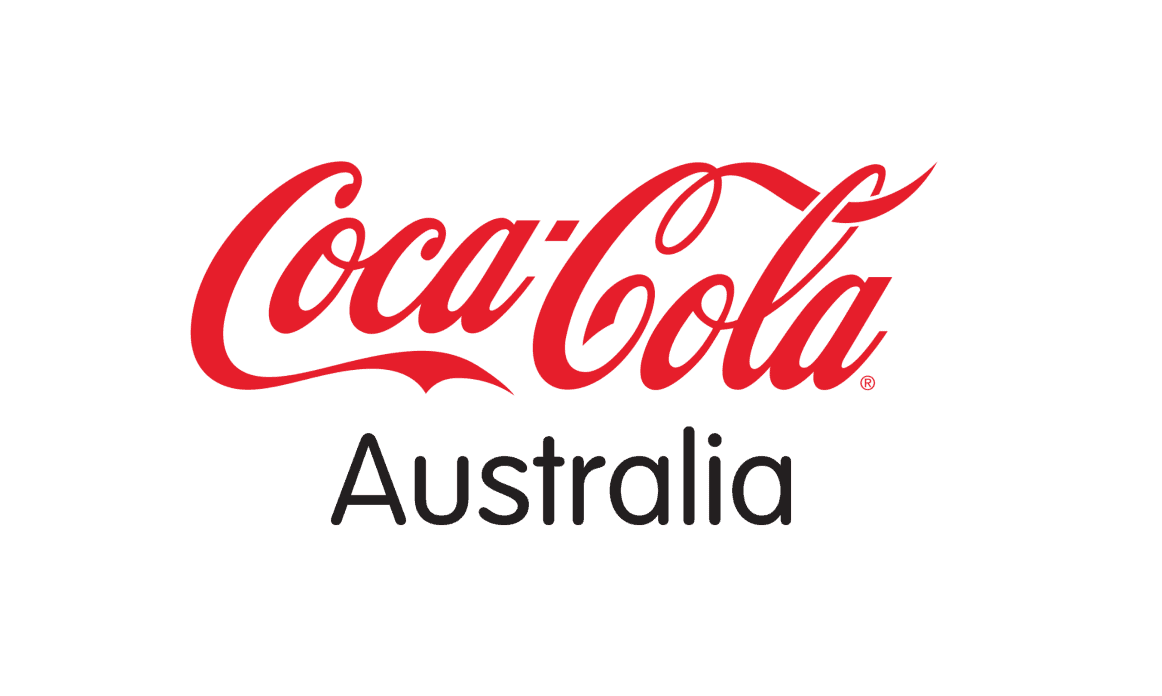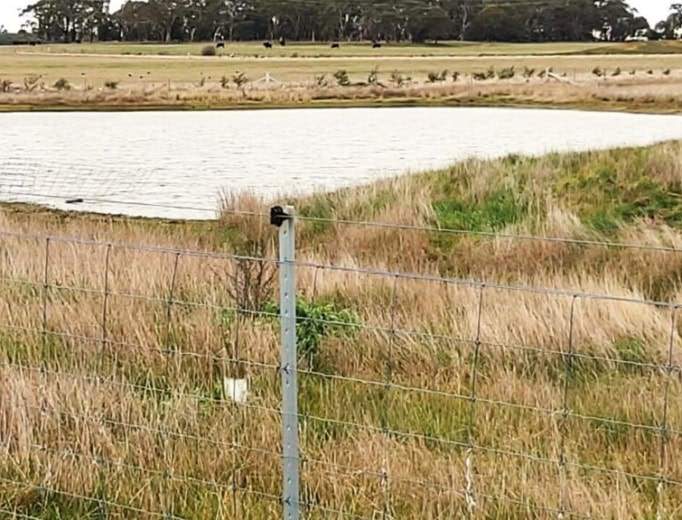Since 2006, Coca-Cola Australia has partnered with Landcare Australia via support from the global Coca-Cola Foundation and the Coca-Cola Australia Foundation. Through this long-term partnership, private landholders, Landcare and Coastcare Groups have been supported to protect rivers, oceans and local ecosystems, while also championing community action and education activities that promote water as a key natural asset.
The partnership has supported Coca-Cola employees to engage in various environmental volunteering activities and provided funding for a range of impactful community projects including:
The Farm Dam Restoration Project
In 2022, the Coca-Cola Australia Foundation partnered with Landcare Australia on the $600,000 Farm Dam Restoration project. Read more about the project HERE.
The three-year project will transform degraded farm dams across New South Wales, Victoria, and South Australia, helping observe biodiversity by providing critical wetland habitats for native wildlife.
This year site preparation has been undertaken, and plants sourced for three South Australian sites, 1,800 plants have also been planted a property in Bull Creek.
The farm dam restoration project will also facilitate knowledge sharing across a broad cross-section of the farming community, encouraging sustainable and innovative farm dam enhancement.
The Coca-Cola Foundation and Landcare Australia Coastal Protection Grants
From 2018-2021, 32 Coca-Cola Foundation and Landcare Australia Coastal Protection Grants valued at up to $15,000 each were awarded to Landcare and Coastcare groups across Australia, funding a range of environmental, social and educational projects. Read more about the grants HERE.
Landcare Community Watershed Projects
From 2006 to 2018 The Coca-Cola Foundation funded Landcare Community Watershed Projects, which saw over 10,000 volunteers- including nearly 700 Coca-Cola employees – involved in 40,000+ hours of volunteer work. Close to 600 hectares of degraded land was rehabilitated, with over 40,000 native plants propagated and more than 100,000 seedlings planted.

